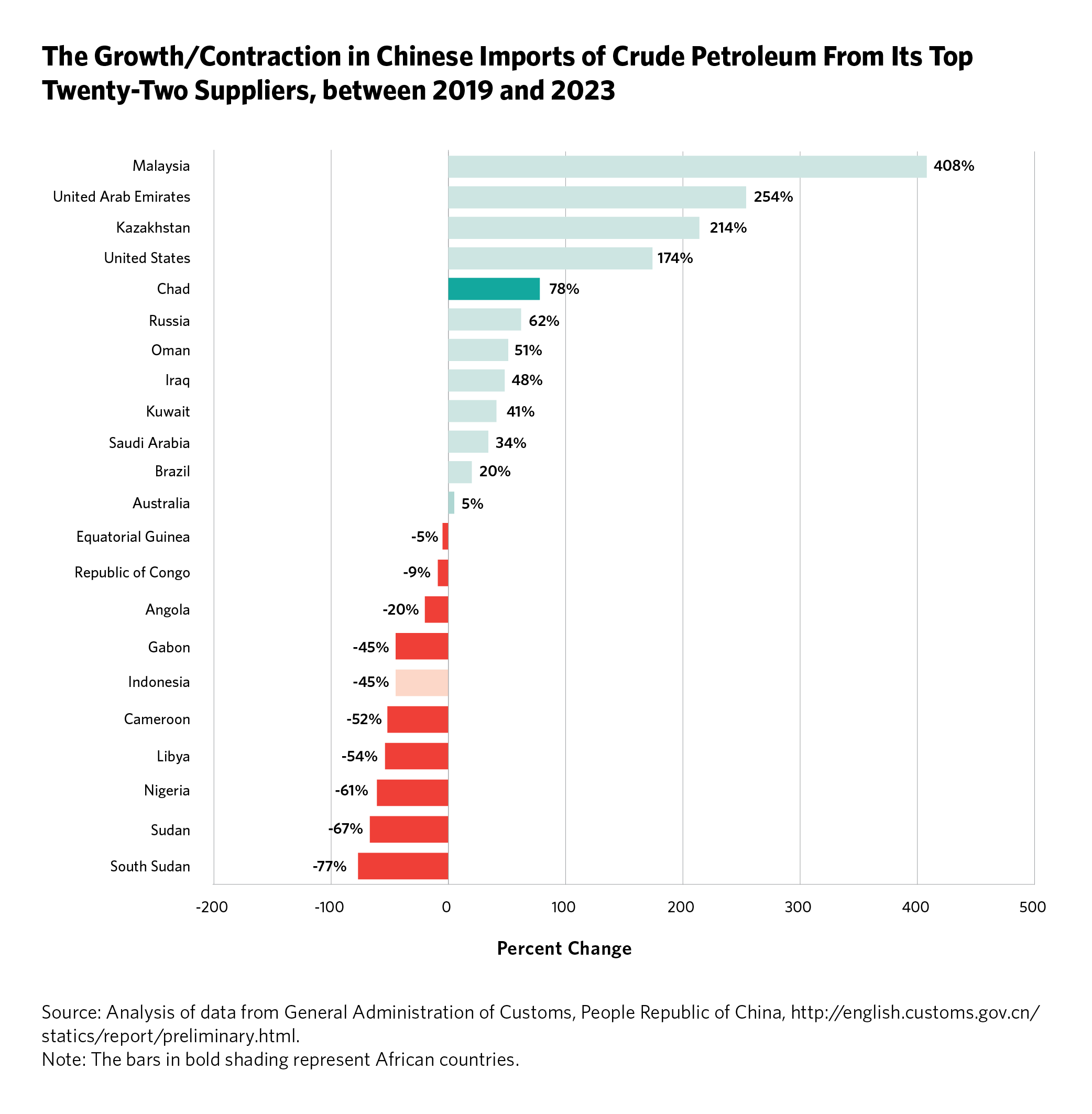JUNE 2024
Dear Friends,
We are still reflecting on the recent state visit of President William Ruto of Kenya, marking sixty years of partnership between the United States and Kenya. Ruto’s visit may be the catalyst for a new era of U.S.–Kenya relations, with Kenya becoming the first “sub-Saharan” African country to be designated as a major non-NATO ally. President Ruto and U.S. President Joe Biden jointly released “The Nairobi-Washington Vision,” in which they state the imperative of using “all tools in the international financial architecture,” including the World Bank and the IMF, to ensure countries with high levels of public debt can still make critical investments for their sustainable development. In a joint leader’s statement from the White House, Ruto and Biden highlighted areas of further cooperation between the two countries, including in democracy advancement, public health response, people-to-people bilateral ties, climate action and green industrialization, trade and investment, digital technology, and global security. Be on the lookout for further analysis on the U.S.–Kenya relationship coming soon.
Also on our radar is the recent South African election, which saw the African National Congress (ANC) lose its majority in the National Assembly for the first time in history. Voter turnout and ANC share of national vote had been steadily declining, dipping down to 66.5 and 57.5 percent respectively in the 2019 national election. However, May’s election saw a historical low of 40.2 percent of ANC share of national vote. No single party was able to capture a majority. The center-right Democratic Alliance party secured 22 percent of votes and former president Jacob Zuma’s uMkonto weSizwe party 14.6 percent. South Africans have become increasingly dissatisfied with the governance of their country. Key issues, including unemployment, corruption, migration, and infrastructure, motivated South Africans to take to the polls, nonresident scholar Tony Carroll explains in his election primer.
Finally, the beginning of June marked the 2024 Korea–Africa Summit, which brought together representatives from forty-eight African nations to discuss further South Korea–Africa partnership. South Korean President Yoon Suk Yeol announced the launch of a “Critical Minerals Dialogue,” as South Korea—one of the world’s largest energy buyers and leading semiconductor producers—aims to secure its critical minerals supply. In addition to $14 billion in export financing to support the entry of South Korean companies into African markets, Yoon pledged that South Korea would increase its development aid to Africa to $10 billion over the next six years. Tanzania signed an accord with South Korea to borrow $2.5 billion over the next five years, as well as two additional accords regarding ocean resources and critical minerals. Ethiopia signed on to a $1 billion, four-year financing deal to further fund its infrastructure, science and technology, public health, and urban development. Finally, Uganda signed a $500 million loan to fund its infrastructure development.
My recent article with Tang Xiaoyang, chair and professor in the Department of International Relations at Tsinghua University, considers how China’s economic transition is already affecting its relations with Africa. We examine continuities and changes in the China-Africa economic relationship across five key areas: trade, investment, fiscal stabilization, renminbi internationalization, and people-to-people ties. Our Chart of the Month, below, showcases the growth or contraction in China’s imports of crude petroleum from its top twenty-two suppliers between 2019 and 2023. Oil imports from African countries to China are declining, with China buying and consuming less crude oil from Africa. Seven of eight major African oil producers saw significant declines in exports to China, including South Sudan (77 percent), Sudan (67 percent), and Nigeria (61 percent). Instead, China is increasingly sourcing its crude oil from Gulf Cooperation Council countries, Russia, and other countries in Asia that are deemed to have more predictable production infrastructure.
The Carnegie Africa Program is pleased to welcome two new additions to our team. Mr. Christian-Géraud Neema, our newest nonresident scholar, is an expert analyst on China-Africa relations and the Africa editor of the China–Global South Project. Mr. Neema is a frequent commentator and contributor on China’s engagement in the mining sector and the political economy of the mining sector in the Democratic Republic of the Congo for various international media and research institutions. Mr. Sylvester Kofi Quansah, our new research analyst, is a Ghanaian professional based in Washington, D.C., who specializes in science and technology policy. He holds a Master of Arts in International Relations from Syracuse University’s Maxwell School of Citizenship and Public Affairs and has researched electric vehicle transitions and COVID-19 responses in West Africa. Mr. Quansah is dedicated to driving innovation for societal improvement.
We are thrilled to announce that on June 27, 2024, the Carnegie Africa Program will be hosting the inaugural 2024 Carnegie Africa Forum. The day-long forum aims to highlight the central role Africa will play in the future of international cooperation, touching on key issues for the continent, including climate, geopolitical relationships, and technology. For more information, please see the event website here. Use this link here to follow along virtually and be notified if space for in-person attendance becomes available.
The Africa Program has exciting updates to come in the following months. To stay up to date on our publications and programming, be sure to subscribe to our newsletter and follow us on X (formerly Twitter) at @AfricaCarnegie.
Sincerely,
Zainab Usman
Director, Carnegie Africa Program
CHART OF THE MONTH
Our Chart of the Month illustrates the growth or contraction in China’s imports of crude petroleum from its top twenty-two suppliers between 2019 and 2023. Oil imports from African countries are declining as China increasingly sources its crude oil from other regions.

June 2024 Chart of the Month
FEATURES
China’s slowing growth will increasingly impact its economic relations with Africa. Policy directions within African countries and third parties such as the United States will greatly shape how these changes in the China-Africa relationship continue to unfold. Zainab Usman & Tang Xiaoyang
The ongoing African Growth and Opportunity Act reauthorization process could facilitate the expansion of U.S.-Africa trade in critical minerals. Zainab Usman & Alexander Csanadi
Ambitious U.S. rhetoric and commitment to African infrastructure requires follow-through. By taking a few concrete steps, the United States can make real progress on this worthy goal. Katie Auth
Policymakers and legislators around the world are debating how to regulate artificial intelligence. Although the U.S., the European Union and China dominate coverage of this effort, a less-publicized but vital discourse about AI is taking place throughout Africa. Aubra Anthony & Jane Munga
DEVELOPMENTS ON OUR RADAR
- Benin Unblocks Niger Oil After Chinese Intervention [Bloomberg]
- South Korea’s Yoon Hosts Africa Summit to Tap Minerals, Vast Export market [Reuters]
- Message to Congress on Intent to Designate Kenya as a Major Non-NATO Ally [The White House]
- ANC Loses Outright Majority in South Africa Vote; Tough Coalition Talks Loom [The Africa Report]
- Nigeria’s Finance Minister Submits the Accelerated Stabilisation and Advancement Plan (ASAP) to Bolster the Economy [This Day]
PROFESSIONAL DEVELOPMENT OPPORTUNITIES
- Research Associate, Africa Studies [Council on Foreign Relations]
- Director, Program Development and Partnerships [U.S. Institute of Peace]
- Call for papers on comparative policy analysis of economic diversification at the 1st Global Conference on Economic Diversification (GCED) in Dubai in 2024 [GCED 2024]
